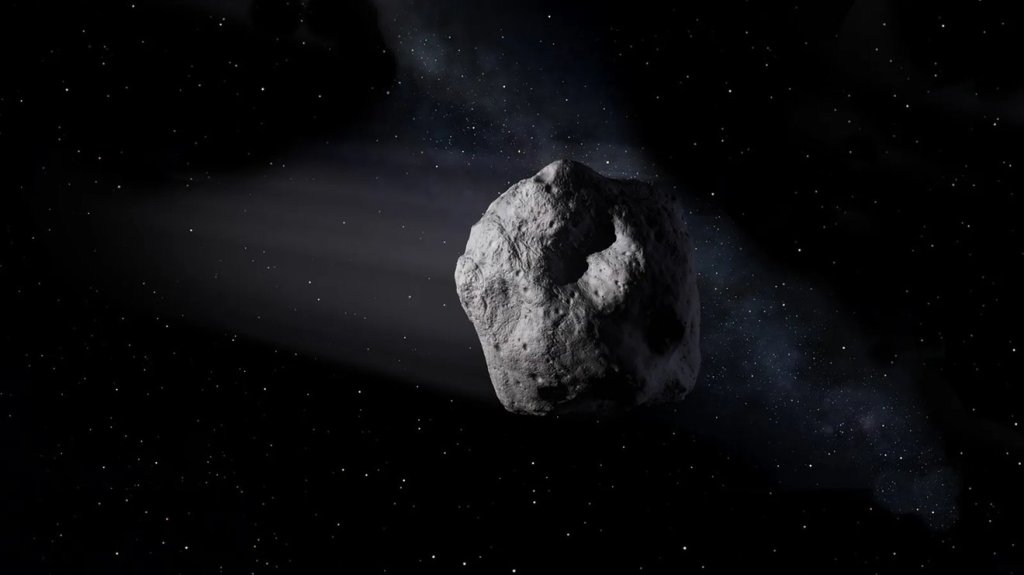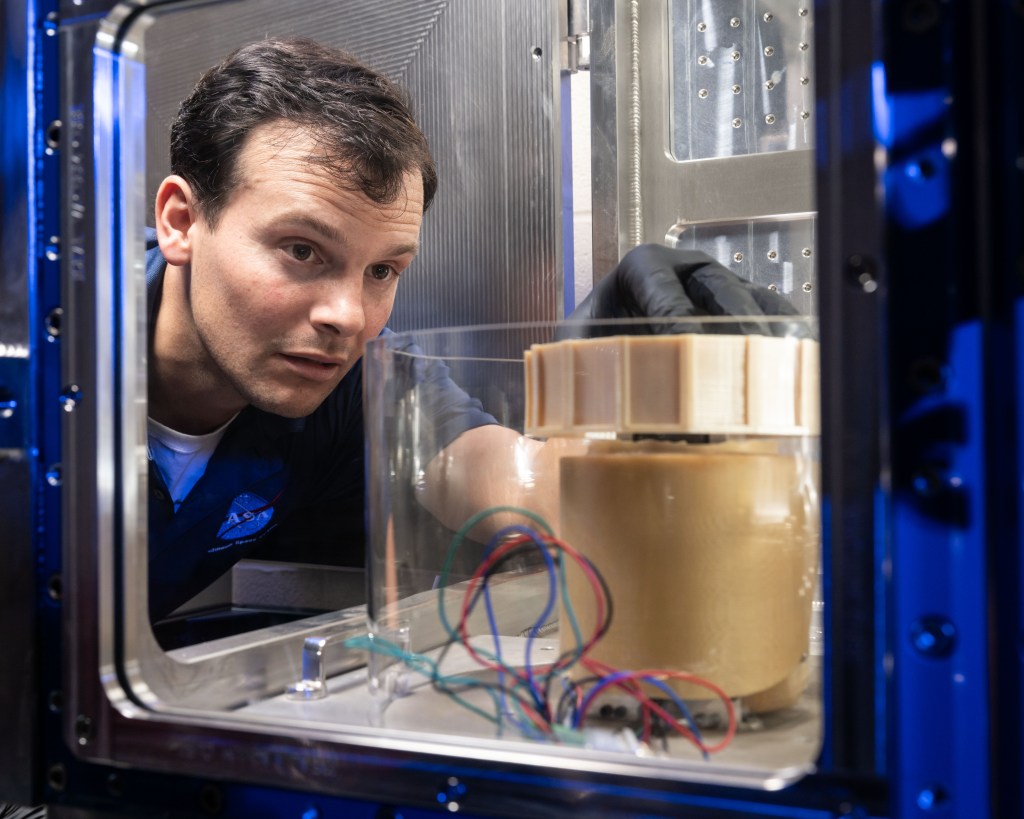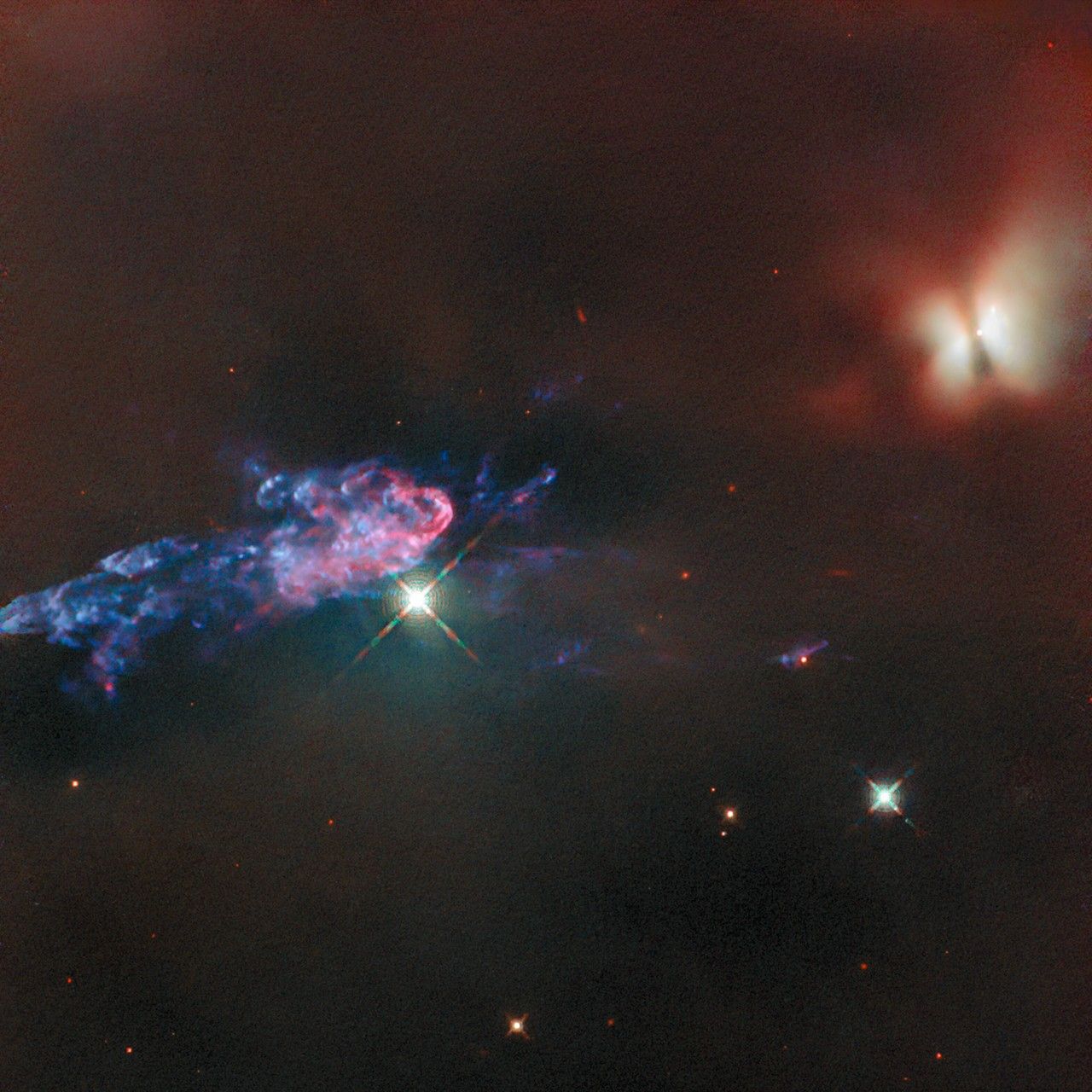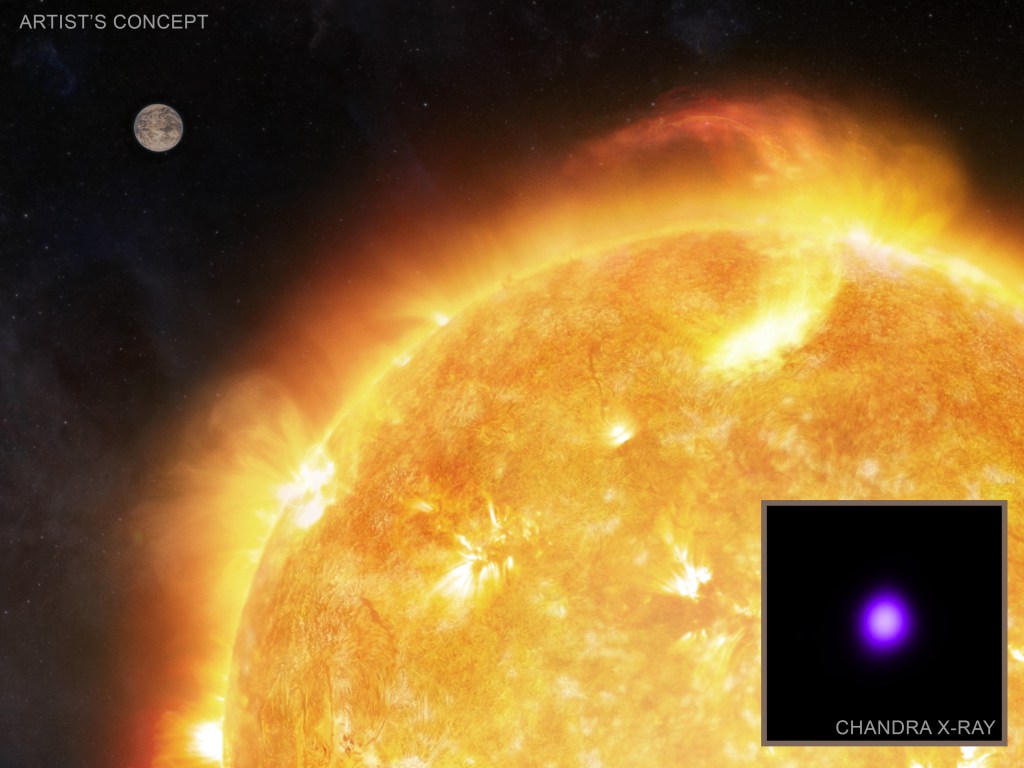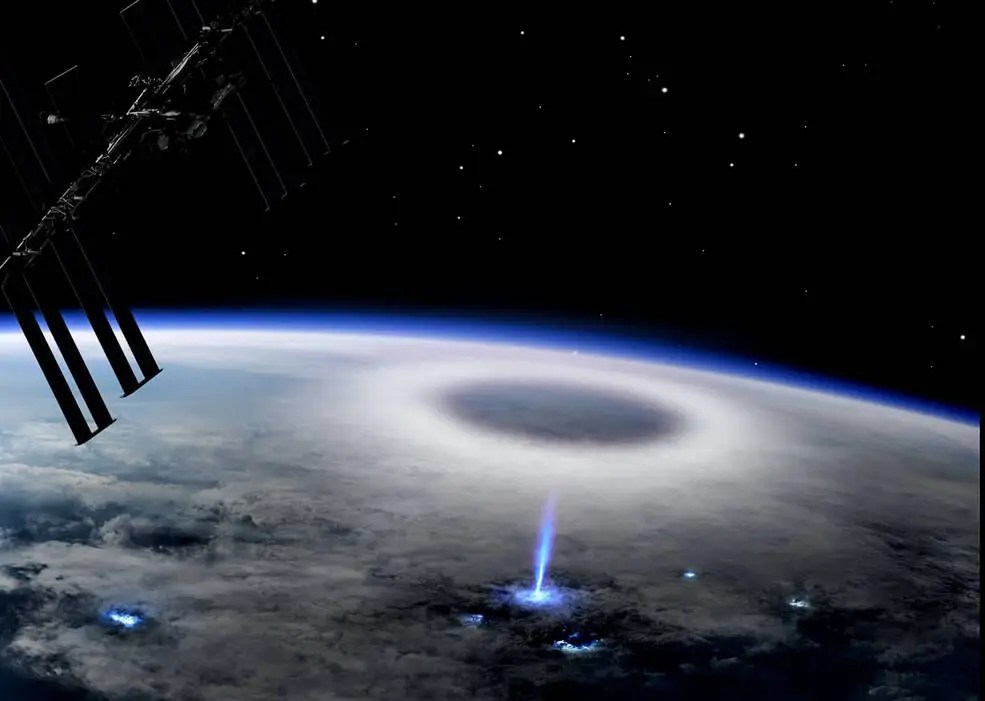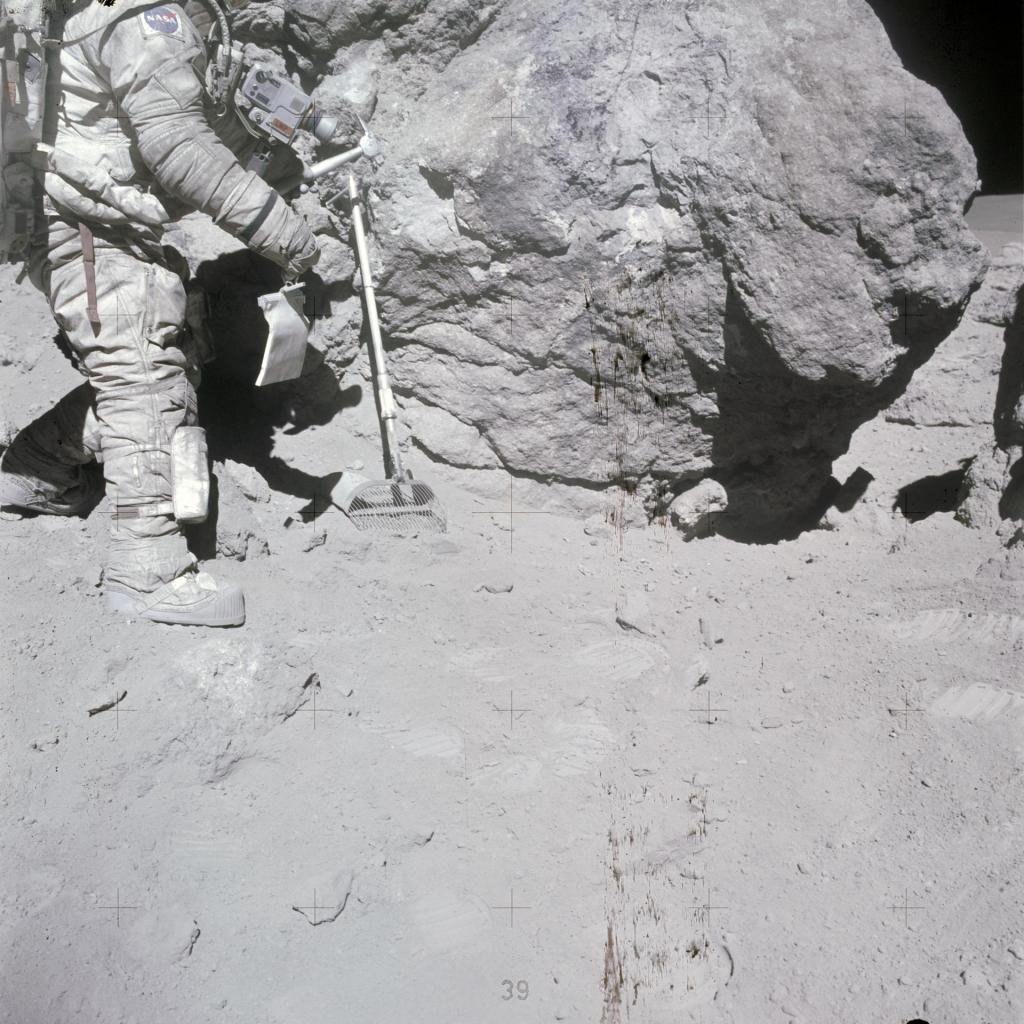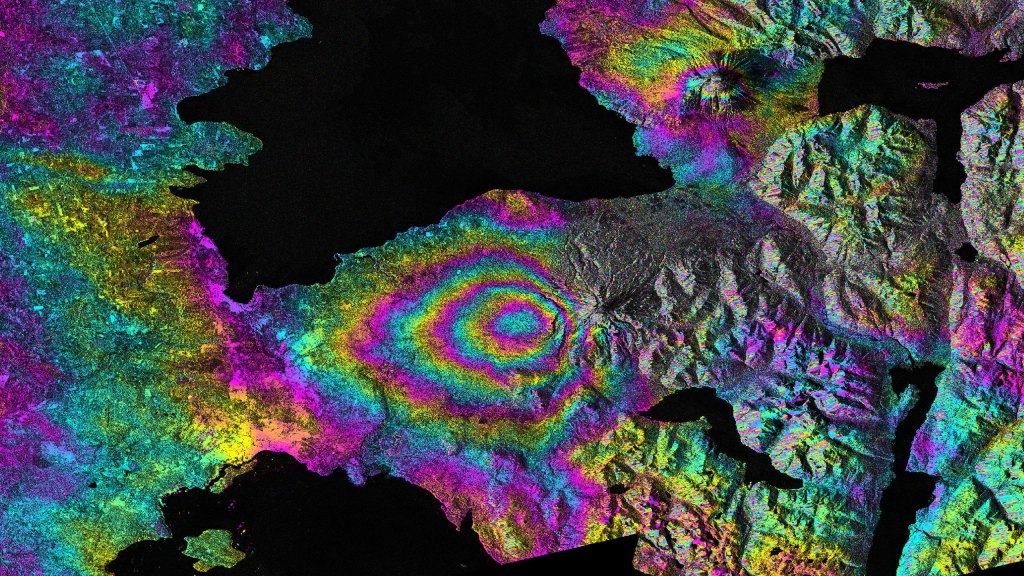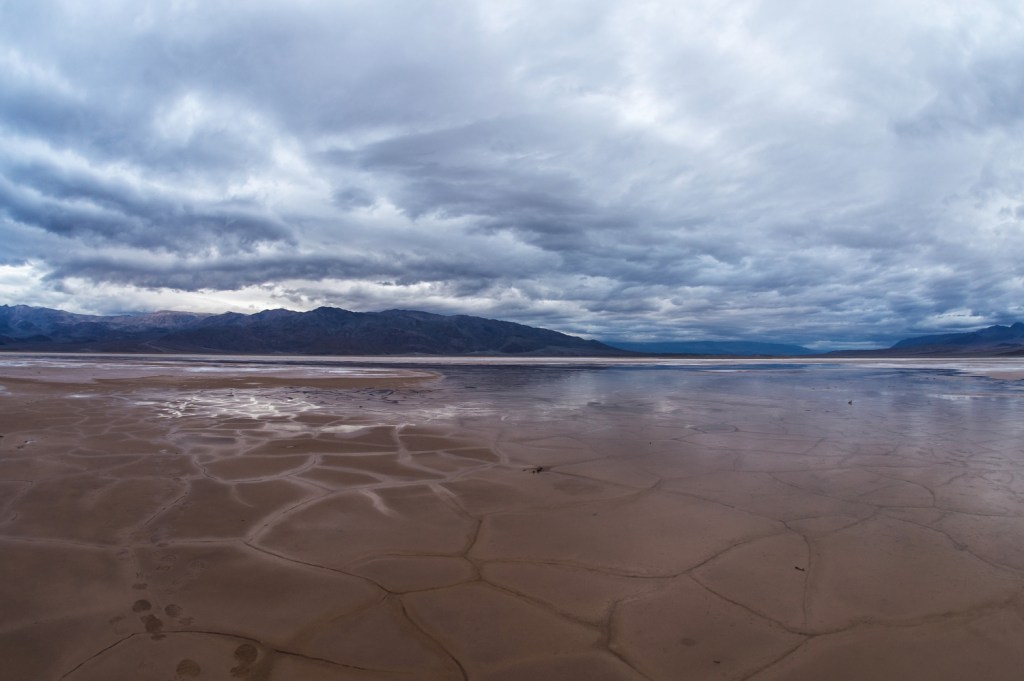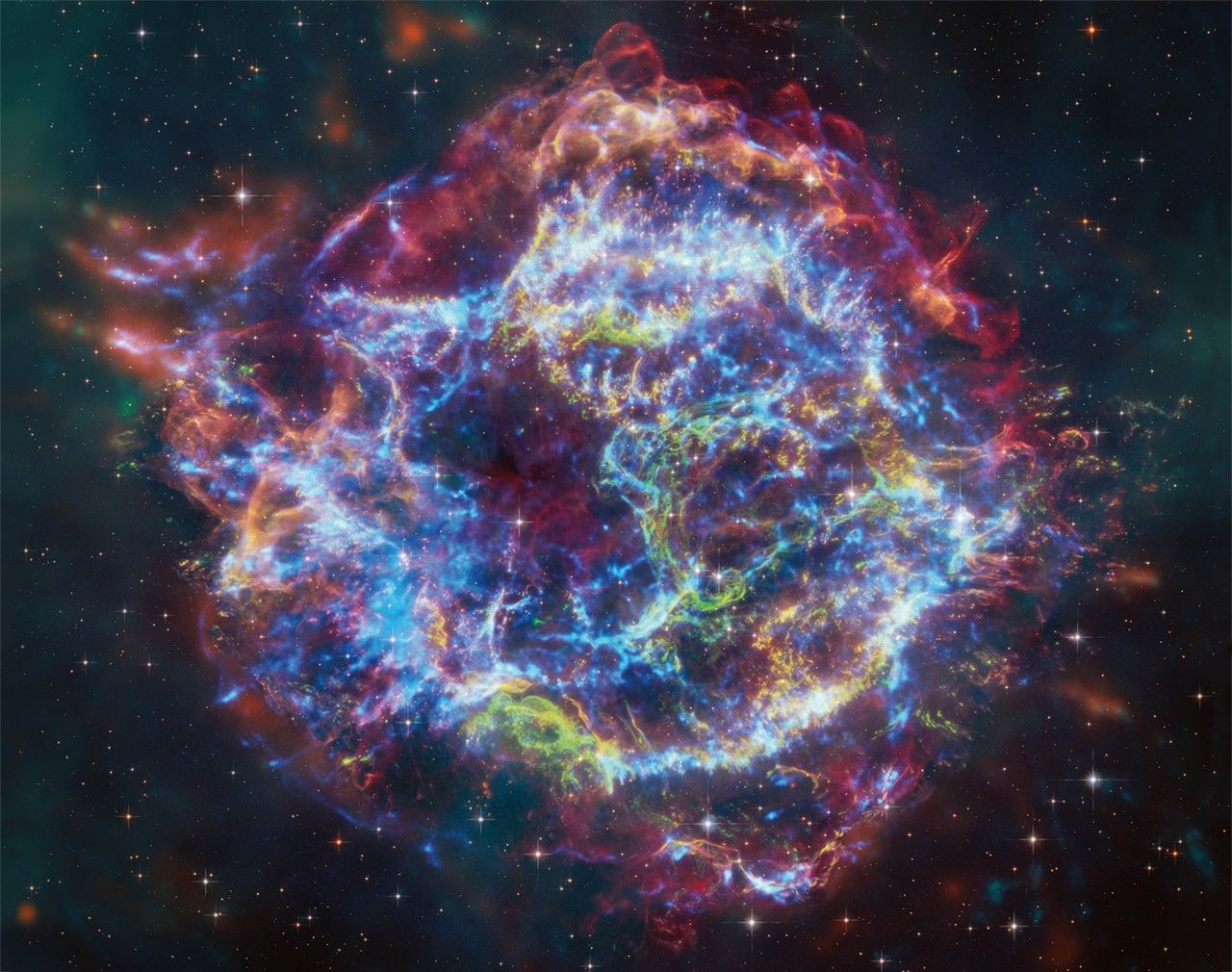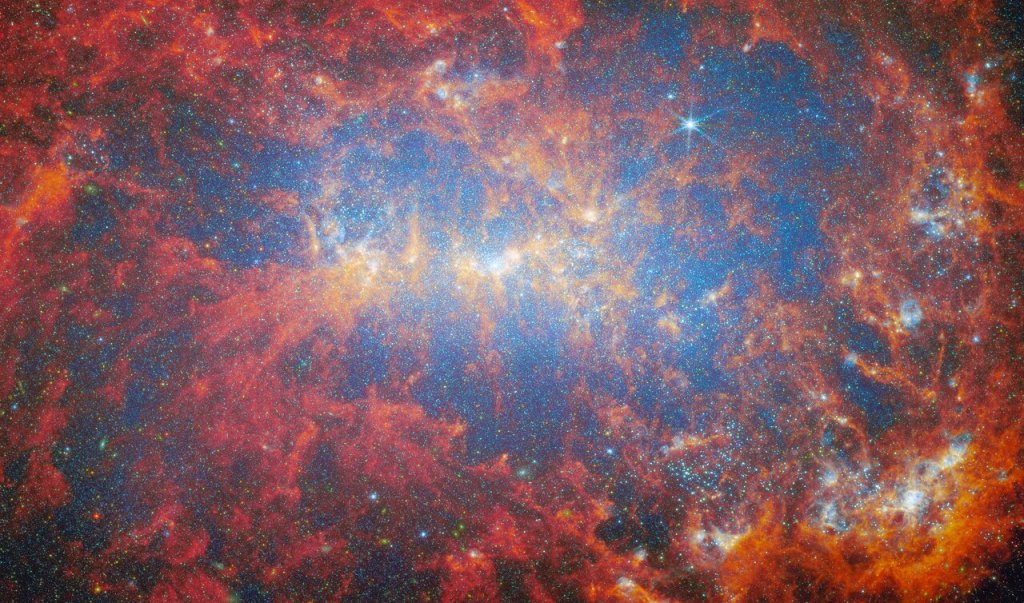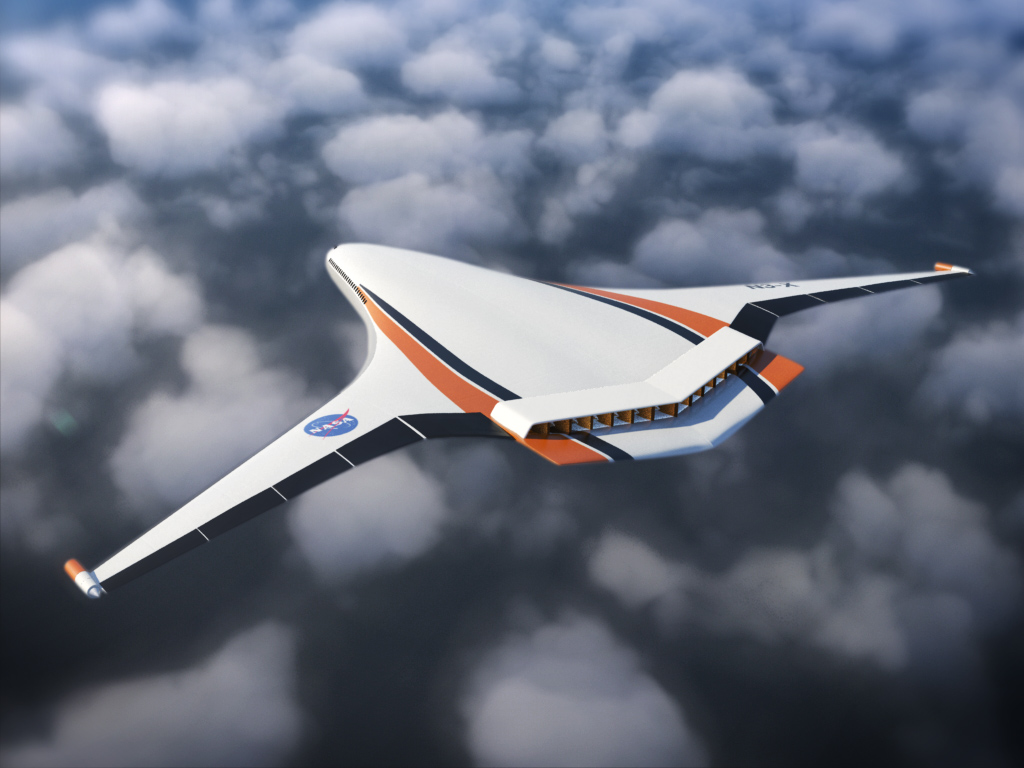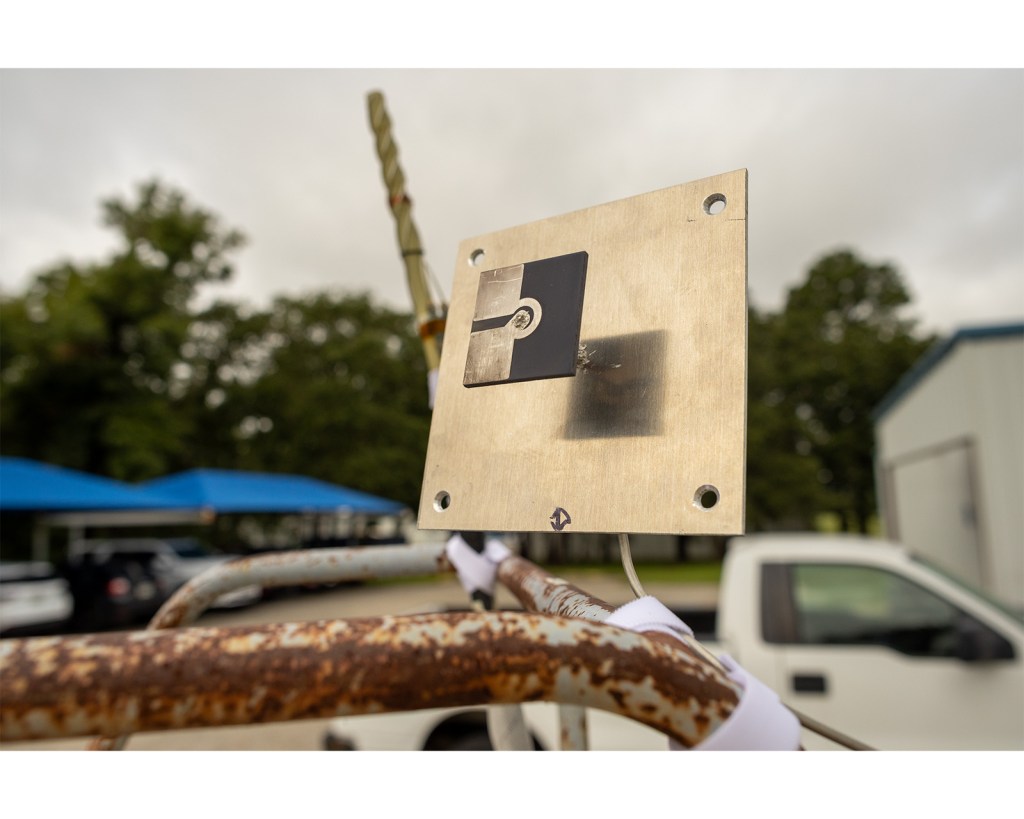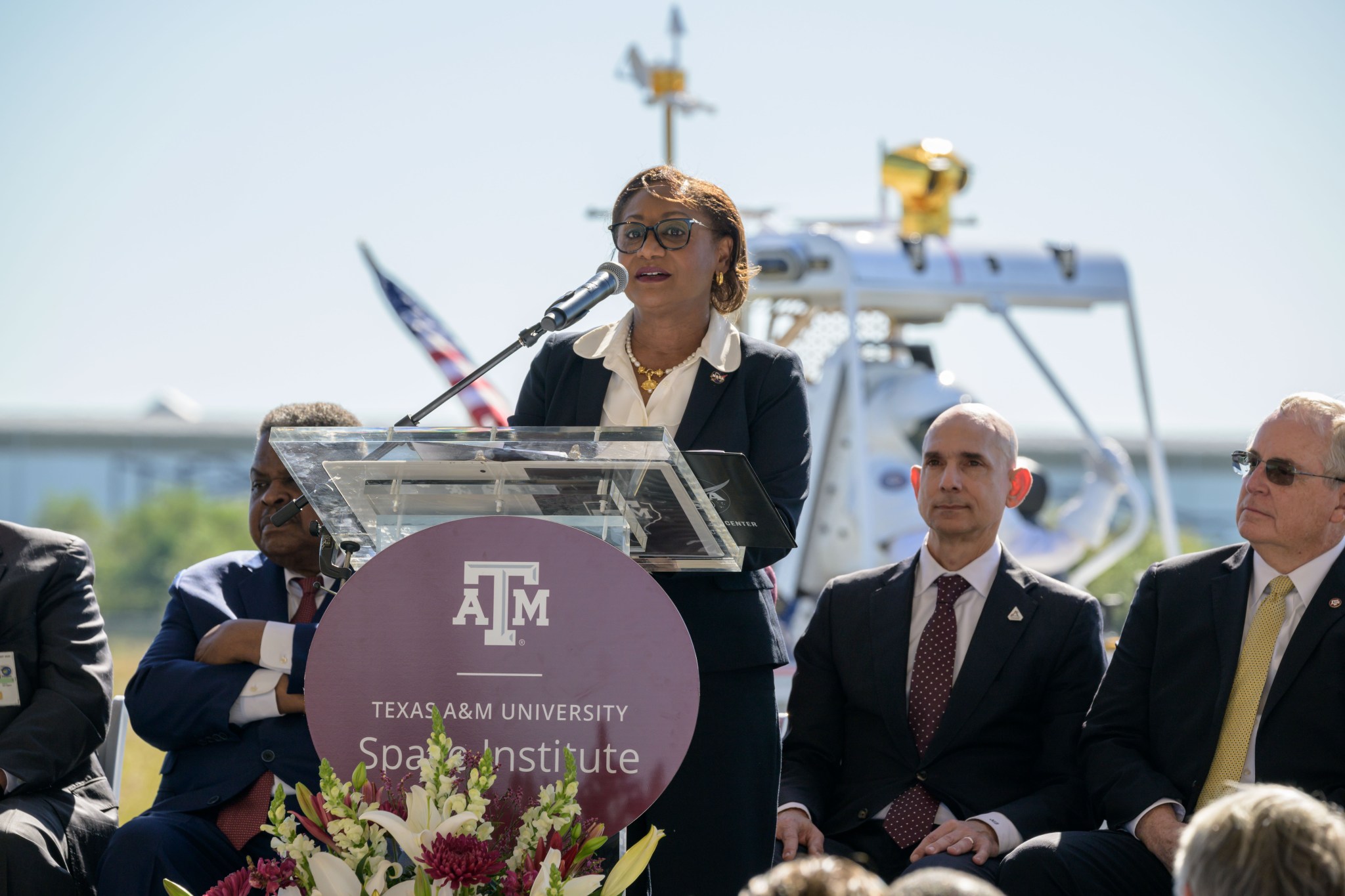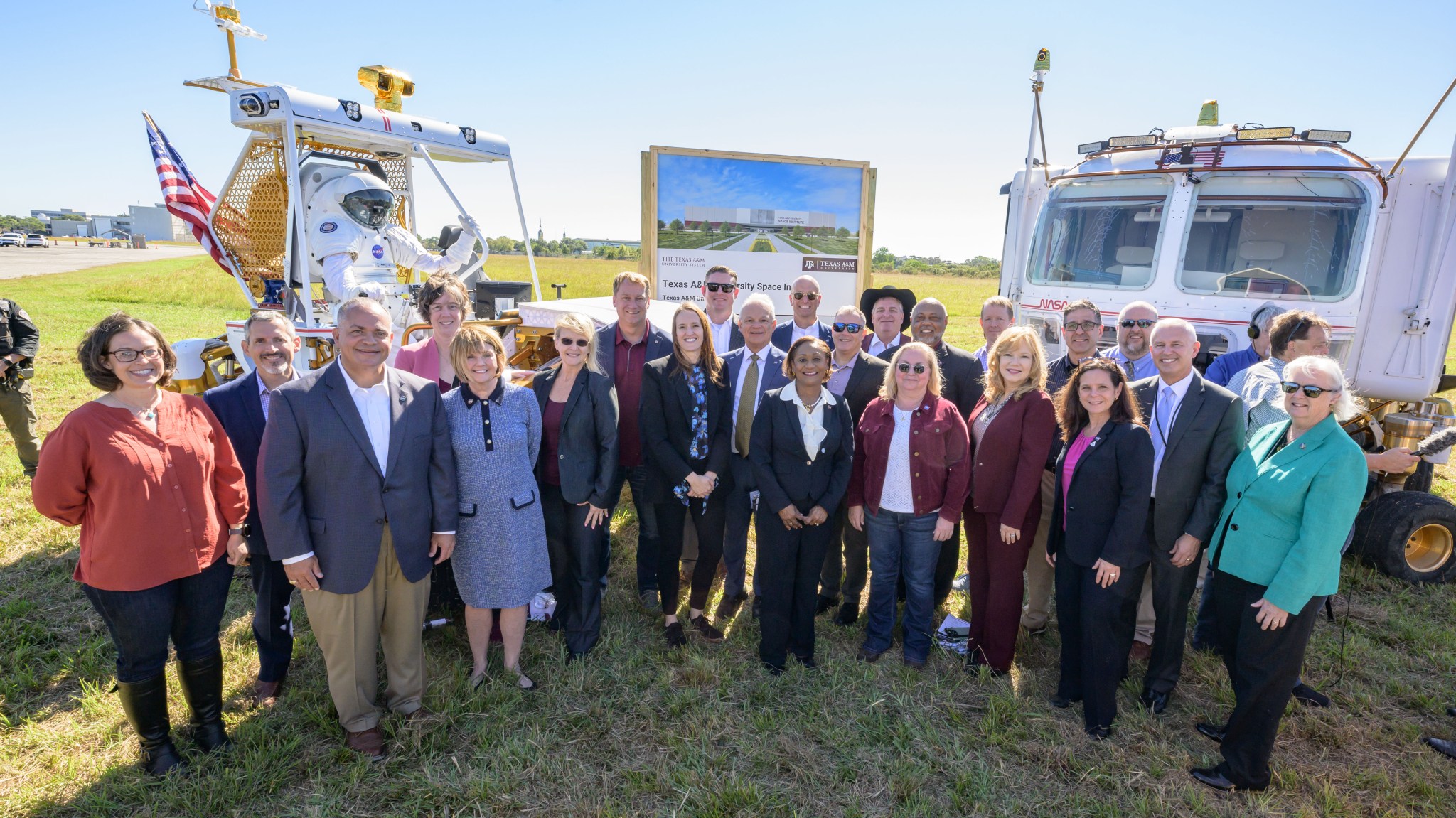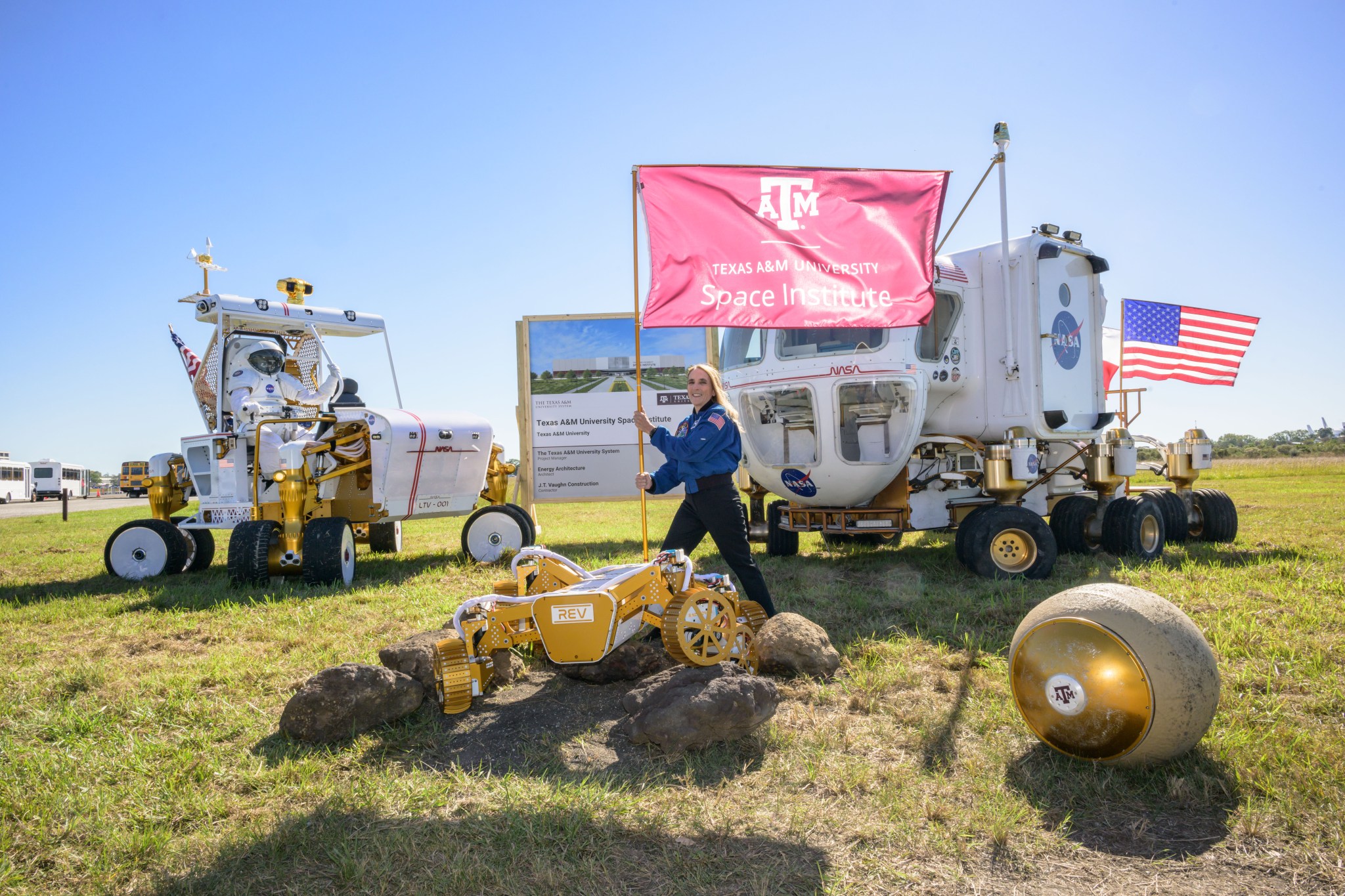The future of human space exploration took a bold step forward at NASA’s Johnson Space Center in Houston on Nov. 15, 2024, as Texas A&M University leaders’ broke ground for the Texas A&M University Space Institute.
Texas state officials, NASA leaders, and distinguished guests participated in the ceremony, held near the future development site of Johnson’s new Exploration Park, marking an important milestone in a transformative partnership to advance research, innovation, and human spaceflight.
“This groundbreaking is not just a physical act of breaking ground or planting a flag,” said Johnson Director Vanessa Wyche. “This is the moment our vision—to dare to expand frontiers and unite with our partners to explore for the benefit of all humanity—will be manifested.”
The Texas A&M University Space Institute will be the first tenant at NASA’s 240-acre Exploration Park to support facilities that enhance commercial access, foster a collaborative development environment, and strengthen the United States’ competitiveness in the space and aerospace industries.

Exploration Park aims to foster research, technology transfer, and a sustainable pipeline of career development for the Artemis Generation and Texas workers transitioning to the space economy. The park represents a key achievement of Johnson’s 2024 Dare | Unite | Explore commitments, emphasizing its role as the hub of human spaceflight, developing strategic partnerships, and paving the way for a thriving space economy.
Research conducted at the Space Institute is expected to accelerate human spaceflight by providing opportunities for the brightest minds worldwide to address the challenges of living in low Earth orbit, on the Moon, and on Mars.
Industry leaders and Johnson executives stood alongside NASA’s Lunar Terrain Vehicle and Space Exploration Vehicle, symbolizing their commitment to fostering innovation and collaboration.
Texas A&M University Space Institute director and retired NASA astronaut Dr. Nancy Currie-Gregg and Dr. Rob Ambrose, Space Institute associate director, served as the masters of ceremony for the event. Johnson leaders present included Deputy Director Stephen Koerner; Associate Director Donna Shafer; Associate Director for Vision and Strategy Douglas Terrier; Director of External Relations Office Arturo Sanchez; and Chief Technologist and Director of the Business Development and Technology Integration Office Nick Skytland.
Also in attendance were Texas State Rep. Greg Bonnen; Texas A&M University System Board of Regents Chairman William Mahomes Jr.; Texas A&M University System Chancellor John Sharp; Texas A&M University President and Retired Air Force Gen. Mark Welsh III; and Texas A&M Engineering Vice Chancellor and Dean Robert Bishop.
The institute, expected to open in September 2026, will feature the world’s largest indoor simulation spaces for lunar and Martian surface operations, high-bay laboratories, and multifunctional project rooms.
“The future of Texas’ legacy in aerospace is brighter than ever as the Texas A&M Space Institute in Exploration Park will create an unparalleled aerospace, economic, business development, research, and innovation region across the state,” Wyche said. “Humanity’s next giant leap starts here!”

